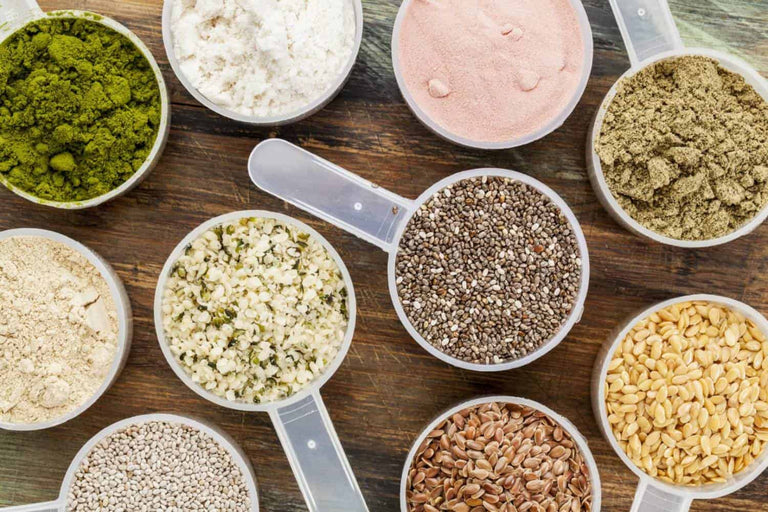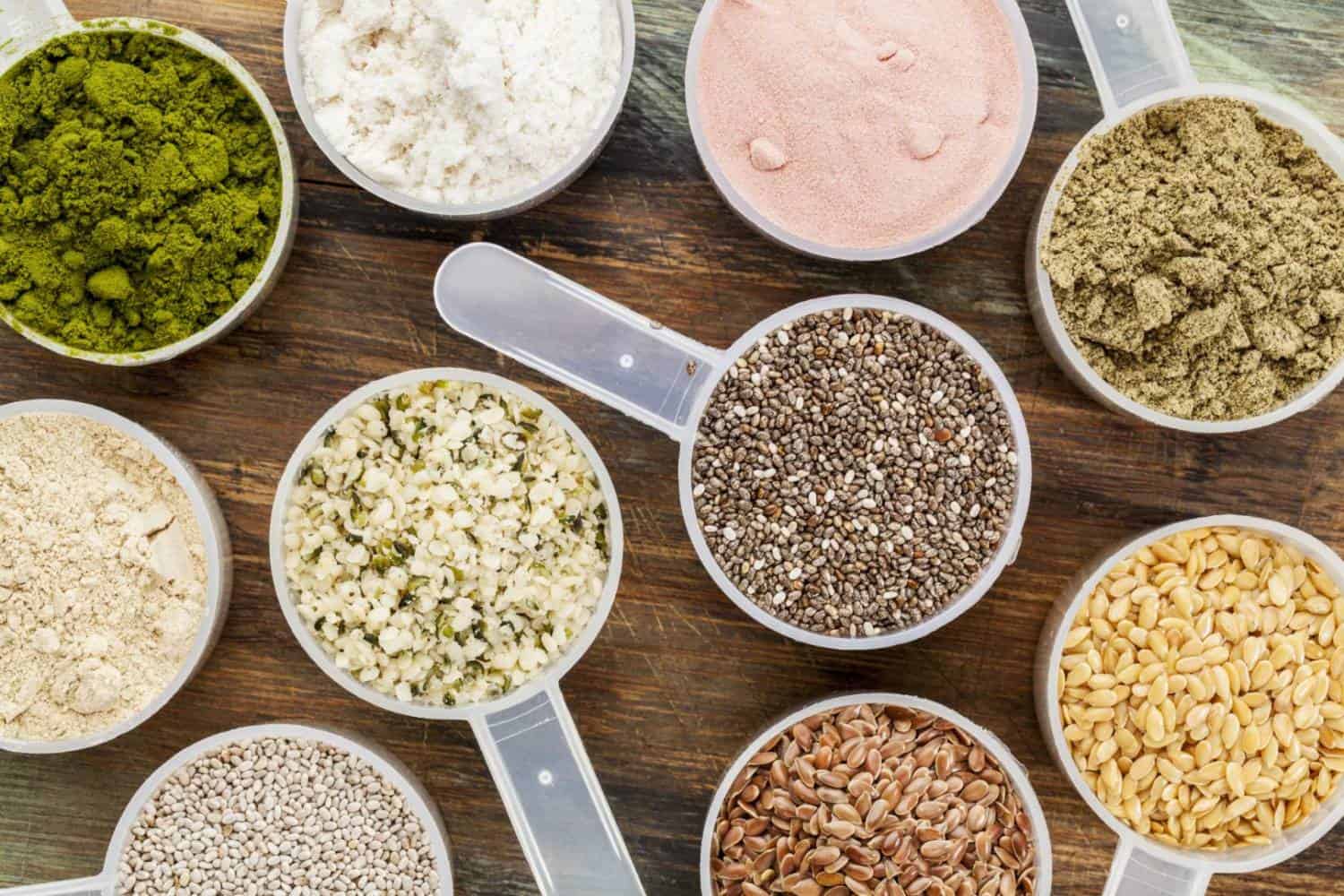Selecting a protein powder can be a daunting task. Not only is there a staggering amount of brands lining the shelves of supplement stores, but there is also a huge assortment of protein sources to pick from. So, we’re going to try to narrow things down for you and quickly discuss the more common protein sources as well as their pros and cons.
• Whey
This milk-derived protein is quite possibly the most popular protein supplement available, and for good reason. Whey protein is affordable, delicious and ridiculously good for you. Once taken, whey is absorbed rapidly into your body and goes to work doing all sorts of things. Studies have shown that supplementation with whey protein can improve body composition, increase both strength and endurance, as well as give you a healthier cholesterol profile. The downside is that whey, as mentioned, is milk-based, so it may not work for those that are very sensitive to lactose. And it definitely won’t work for vegans.
• Casein
While whey accounts for just 20 percent of milk’s protein content, casein is the other 80 percent. The two proteins are very similar in taste and function, with one key difference: casein is absorbed very slowly. For this reason, many people take both whey and casein so that all of their protein needs are covered. The common practice is to take fast-acting whey before a workout and casein before bed so that it can aid nighttime recovery. An added benefit of this technique is that research suggests that casein has a calming effect on the brain. Casein has the same dairy-related cons as whey.
• Egg Protein
Specifically, this protein is made from the low-fat egg whites rather than the oft- vilified yolks. This option is a good choice for those who want to avoid dairy for one reason or another but aren’t opposed to other animal products. Actually, egg protein was the protein of choice until it was replaced by the cheaper, better-tasting whey and casein.
• Plant Protein
As mentioned, the above options are most definitely not vegan proteins. Fortunately, there are several varieties of plant proteins that can work for you. For a long time, one of the most common vegan protein sources was soy – which endured a pretty harsh barrage of negative press a few years ago. Primarily, this was because of soy’s estrogen-like activity and a fear that this would negatively affect men. Happily, a review of the research in 2010 found no solid evidence for this concern. Many are still uncomfortable taking soy protein, however. Then, there’s rice protein – which was recently revealed to contain various heavy metals in potentially dangerous concentrations. As far as clean, reliable vegan sources of protein go, the best options seem to be chia, pea and – the new comer – cranberry seeds. These options are rich in protein, branched-chain amino acids, fiber and omega-3 fatty acids.
Clearly, when it comes to protein powders, you have quite a few options. To help, Gnarly has produced both quality whey and vegan proteins. Take a few minutes and learn more about these products to find which one works best for you.




